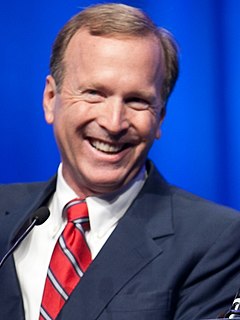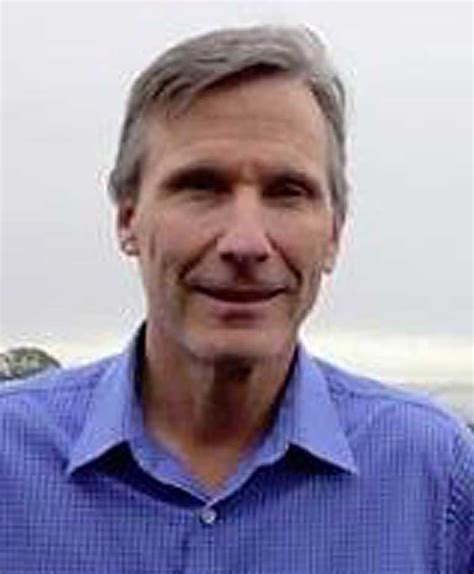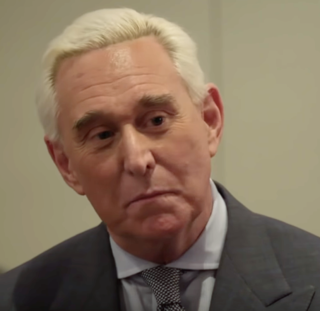A Quote by Neil Bush
My first trip to China was in 1975 when my father was the 'bicycling ambassador' representing the U.S. in Beijing. This was a time towards the end of the Cultural Revolution where there were very few personal liberties, China was pretty much closed off to the West.
Related Quotes
What is applicable is to understand that first of all China has undergone a huge revolution in the last years. Anyone who saw China as I did in 1971 - and for that matter even in 1979, because not much had changed between 1971 and 1979 - and sees China today, knows one is in a different economic system.
Our goal there, in my view, is to work and lean strongly on China to put as much pressure. China is one of the few major countries in the world that has significant support for North Korea, and I think we got to do everything we can to put pressure on China. I worry very much about an isolated, paranoid country with atomic bombs.
Well it did not make excessive sense to say that 20 million people are the recognized government of a billion people that have their own institutions. We did not change it in the sense that we said this has to end, but there was a U.N. vote that transferred the legitimacy of China from Taiwan to Beijing. Beijing was recognized as the government of all of China. Then, under President Carter, we followed what the U.N. had already done eight years earlier.
So far as Chairman Mao's own hopes were concerned, he initiated the "Cultural Revolution" in order to avert the restoration of capitalism, but he had made an erroneous assessment of China's actual situation. In the first place, the targets of the revolution were wrongly defined, which led to the effort to ferret out "capitalist roaders in power in the Party". Blows were dealt at leading cadres at all levels who had made contributions to the revolution and had practical experience, including Comrade Liu Shaoqi.
When China got into the WTO, that allowed it to sell into any other country within the WTO - not just the United States - at the lowest tariffs that country offered. And the other countries could sell into China at the lowest tariffs that China offered. The problem, right off the bat, was that China had much higher tariffs than everywhere else, so the U.S. and Europe in particular got the short end of that stick.
My parents were hippies, and the story is that they went through a dictionary looking for a beautiful word to name me. They nearly called me Banyan, but flipped a few pages on and reached "China," thankfully. The other reason they liked it is that "china" is Cockney rhyming slang for "mate." People say "my old china," meaning "my old mate," because "china plate" rhymes with "mate.

































